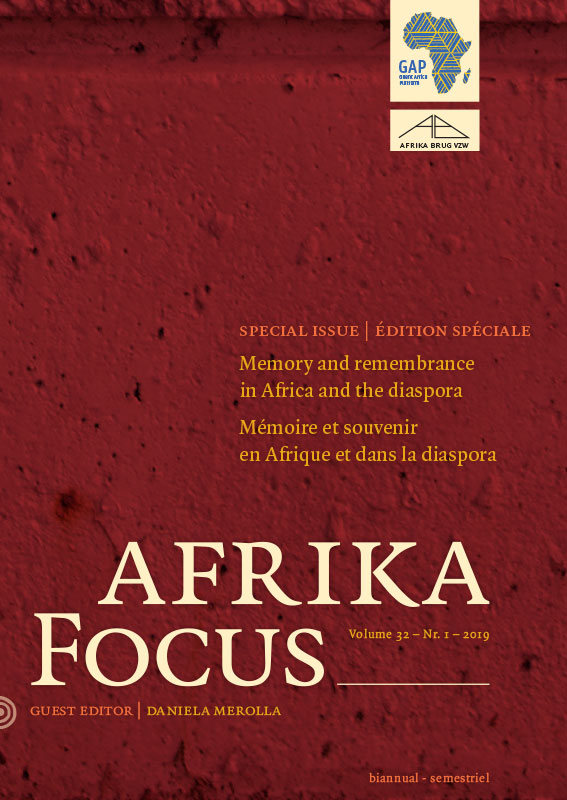History and Dramatic Imagination in Ahmed Yerima's Attahiru
DOI:
https://doi.org/10.21825/af.v32i1.11790Abstract
The thematic concerns of some dramatic creations among postcolonial African playwrights often bear witness to moments of ideological encounter between the colonizer and the colonized. The dramatic space also serves as an avenue where the encounter is revisited, reassessed, or challenged. In this way, Attahiru, a play by Ahmed Yerima introduces a new perspective that insists on the presentation of a version of history that is different from the dominant position of colonial power. On the one hand, colonial accounts portrayed Sultan Attahiru, the Sultan of the Sokoto Caliphate during the late 19th century, as an element of destabilization and a threat to the power and order established by the British colonialists, particularly in the northern protectorate. On the other hand, through narrative technique, Ahmed Yerima illustrates political resistance and the discourses of tradition and modernity, conflicts of religion and culture and the question of identity and power. The historical figure Attahiru is revived as a resistance fighter, a religious figure, a revolutionary leader who is sensitive to power and the demands of his people. However, the major problem arising from a comparison between the historical figure of Attahiru and the dramatic character remains that of the credibility of their representations. The question then is, can narrative technique in a dramatic text give credence to a dramatic character, represented in the synchronic present over the historic one that is constructed by a method aspiring to be objective and rigorous? This paper attempts to answer this question through the textual analysis of the play text against the backdrop of various historical accounts. KEYWORDS: AHMED YERIMA, DRAMA, SOKOTO CALIPHATE, HISTORY, MEMORYDownloads
Published
How to Cite
Issue
Section
License
Authors who publish with this journal agree to the following terms
Authors retain copyright and grant the journal right of first publication with the work simultaneously licensed under a Creative Commons Attribution License that allows others to share the work with an acknowledgement of the work's authorship and initial publication in this journal.
Authors are able to enter into separate, additional contractual arrangements for the non-exclusive distribution of the journal's published version of the work (e.g., post it to an institutional repository or publish it in a book), with an acknowledgement of its initial publication in this journal.
Authors are permitted and encouraged to post their work online (e.g., in institutional repositories or on their website) prior to and during the submission process, as it can lead to productive exchanges, as well as earlier and greater citation of published work (See The Effect of Open Access).


